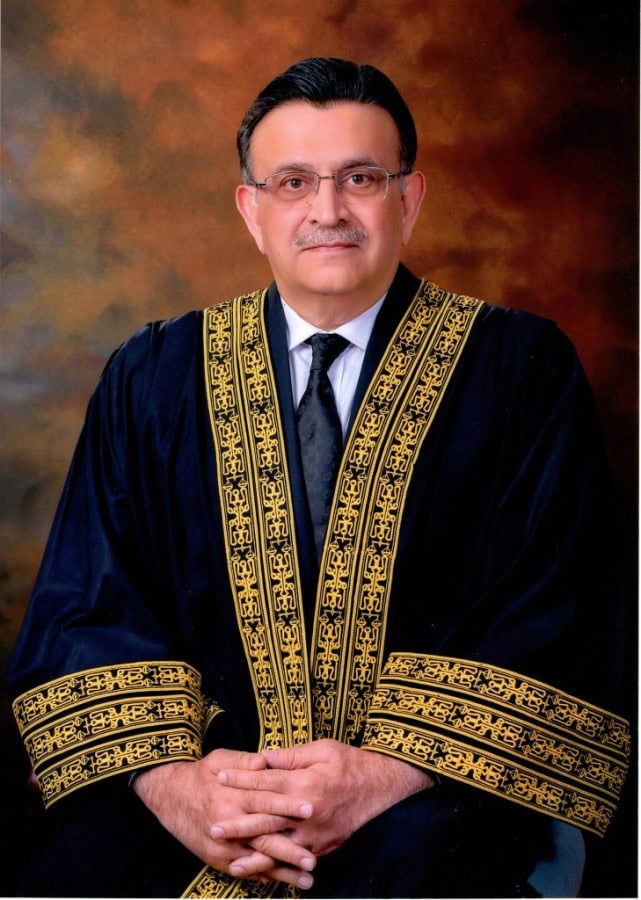Islamabad: Supreme Court of Pakistan barred appointments and transfers in high profile cases on Thursday, as it started hearing on the Suo Motu notice of “perceived interference” by “persons in authority” in the investigation and prosecution of criminal matters against government officials.
A larger bench of five honourable judges of the apex court started hearing on the Suo Motu notice on Thursday.
The bench, comprising Justice Ijazul Ahsan, Justice Munib Akhtar, Justice Sayyed Mazahir Ali Akbar and Justice Mohammad Ali Mazhar, was headed by the Chief Justice of Pakistan Umar Ata Bandial.
During today’s hearing, notices were issued to DG FIA, Chairman NAB and Interior Secretary.
Barring any fresh appointments or transfer in high-profile cases, the supreme court also prevented prosecutions from withdrawing from important cases.
Suo Motu notice of “perceived interference”
On Wednesday, Chief Justice of Pakistan (CJP) Umar Ata Bandial took Suo Motu notice of “perceived interference” by “persons in authority” in the investigation and prosecution of criminal matters against government officials.
According to a press release issued by the Supreme Court, the CJP took the Suo Motu notice on the recommendation of a fellow apex court judge about the “perceived interference in the independence of the prosecution branch in performance of its powers and duties for the investigation and prosecution of pending criminal matters involving persons in authority in the government today.”
The press release added that such interference could influence the prosecution of cases, result in tampering or disappearing of evidence in courts or in possession of prosecuting agencies and lead to transfers and postings of officers on key posts.
The press release said that such actions, along with “media reports” about changes in accountability laws, were likely to “undermine” the functioning of the country’s criminal justice system.
“That tantamounts to violation of fundamental rights affecting the society as a whole and eroding [of] the confidence of the people in the rule of law and constitutionalism in the country,” it added.








